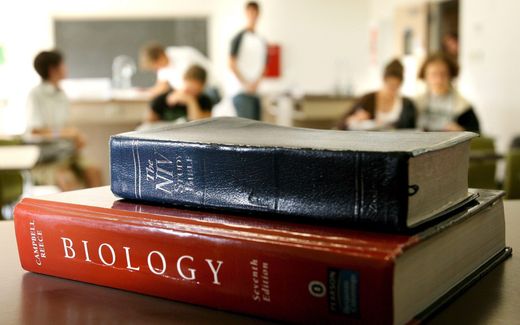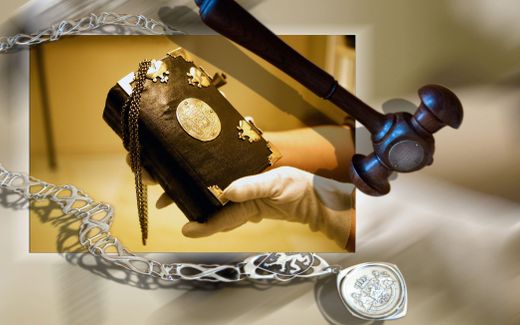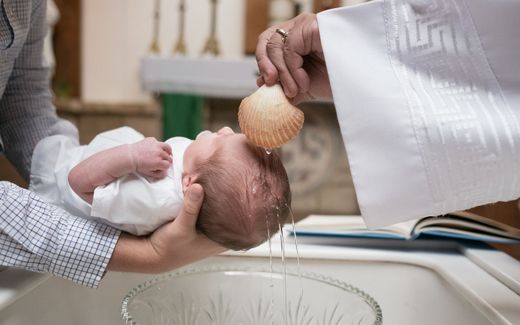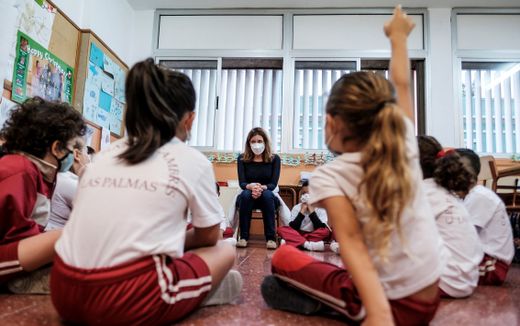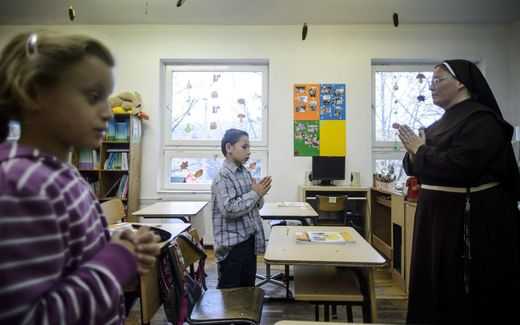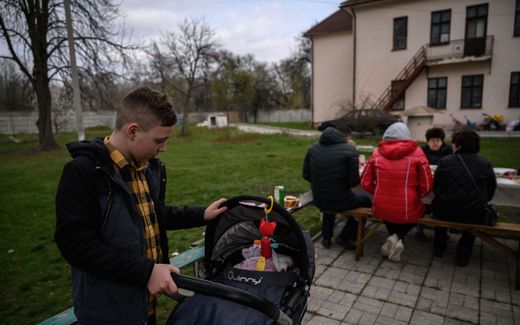Danish families become more religiously diverse
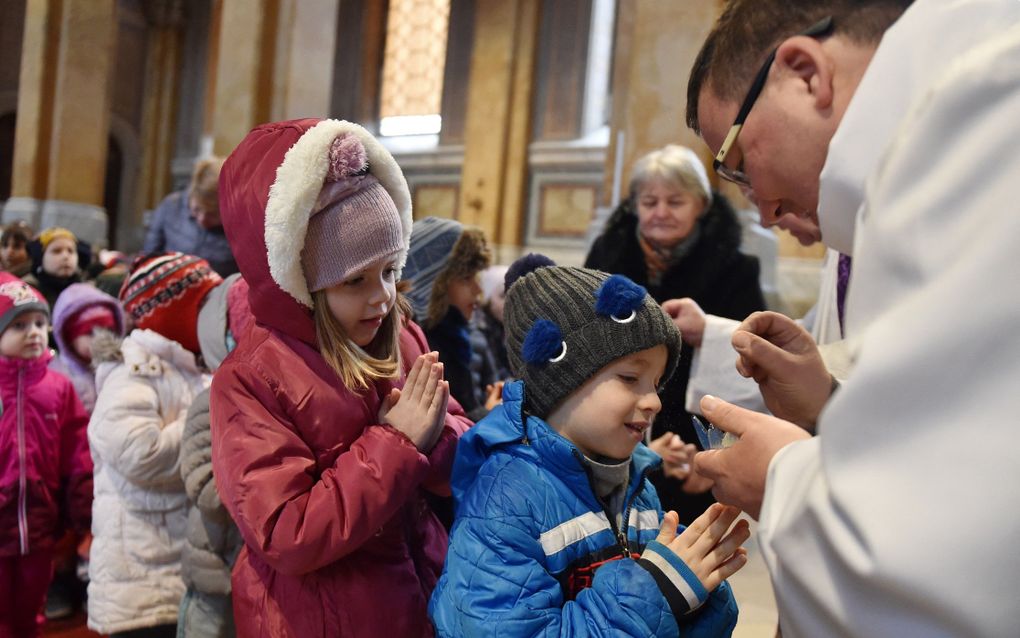
A Catholic priest marks the symbol of the cross with ash on the foreheads of Catholic Christian children during an Ash Wednesday service. Photo AFP, Attila Kisbenedek
Northern Europe
In the recent past, it was evident that you would marry someone who shared your faith. Nowadays, religion's role in choosing a partner in Denmark is much smaller. That means that families often look like patchwork regarding religious convictions.
In the past, entire families went to church in Denmark. If the father and mother were Christian, it was obvious that their children would share the same faith. The same applied to Laurids Paulsen who grew up in the 1970s, Kristeligt Dagblad reports. Paulsen describes his childhood as safe and warm. "God was the common core of our existence and the centre of everything", he says to Kristeligt Dagblad. "Faith permeated our everyday life from when I was a child until adulthood."
The Danish newspaper writes that this picture is not as obvious anymore. Within one home, there are often different faiths present. "The Danes no longer believe the same way as they once did", the article states.
Children's service
Before the 1980s, families with different faiths rarely blended through marriage, says Kirstine Helboe Johansen acknowledges. She is the head of the theology department at Aarhus University and points out that since the 1970s, the religious landscape has become broader. "The greater diversity in society makes it easier to meet someone with a different faith", she says.
In addition, she sees that people do not want to limit themselves to a specific category. "There is a general pluralism of values and the search for personal meaning", Helboe Johansen says. "A family can easily go to both a holistic sound massage and a children's service. These are not mutually exclusive." In other words, people do not stick to a religion as a whole but select elements from different faiths to give their life meaning. "If you agree that there is something bigger than us, you don't have to believe in the same 'bigger'. Nowadays, the definition of meaning is something that is up to the individual person. I think that has influenced families with different views on life", she explains.
Often, she notices that belonging to a particular religion is no longer a prerequisite for a family but rather something that can be negotiated. She has heard of parents who argue that they have gotten married in church and, exactly for that reason, will not baptise their children.
Ultimate place
Are different religions within one family not a recipe for conflict and divisions? Parents may be very sad if their child chooses not to follow them in their religion, Lene Kühle, a professor from Aarhus University, says. She points out that families are the ultimate place where children are shaped religiously. "It is a fundamental part of a family to have some common rituals and something to gather around. That helps to strengthen the bond between family members. These can be religious traditions, such as table prayer."
On the other hand, it is hard to draw a conclusion about the divisiveness of religion in families, Kühle says. "For the ordinary Dane, religion generally means very little, and therefore believing has no consequences for their choice of partner and way of living in interaction with the family." Therefore, different religions do not have to be a problem in a family as long as relatives share the notion that there is something that transcends life, she continues.
Father
For Laurid Paulsen, who broke with the Christian faith when he became a father, it was hard to tell his family. "They were upset that someone they cared about chose to say not to God." He experiences that his family lives in a different dimension than he does not because of their religion, he tells Kristeligt Dagblad. However, he experiences that the topic is not taboo, even though his family is still Christian. "I was not ostracised and still see my siblings."
Related Articles


